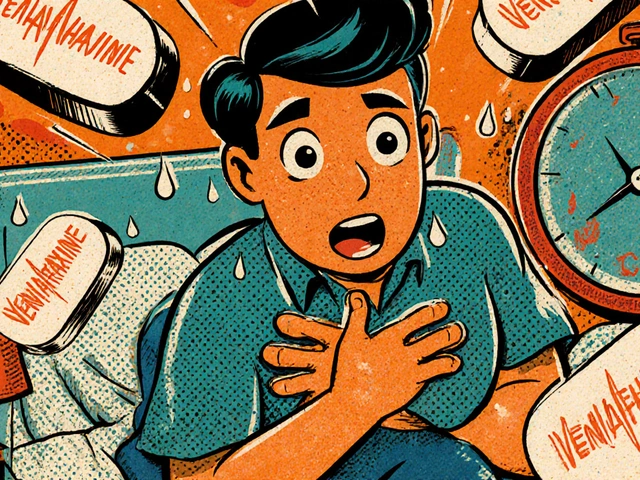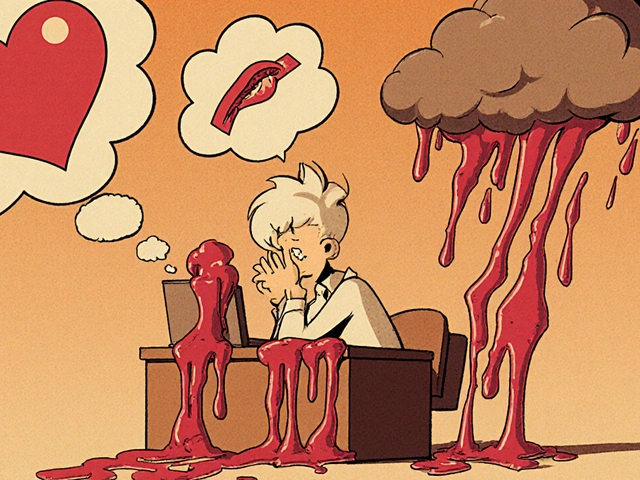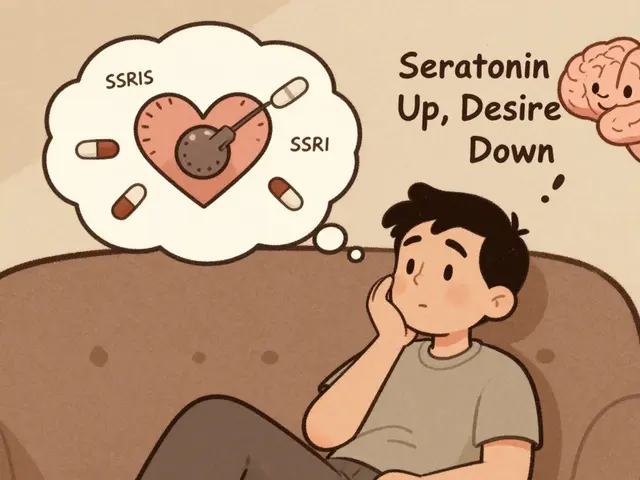Allergic Disorders and Mental Health: What You Need to Know
If you’ve ever felt extra irritable during pollen season or noticed a dip in mood when your asthma flares up, you’re not alone. Allergies aren’t just about sneezing or itchy eyes – they can mess with your brain too. In this guide we’ll break down why that happens and give you real‑world steps to feel better both physically and mentally.
How Allergies Impact Your Mood
When your body fights an allergen, it releases chemicals like histamine, cytokines, and cortisol. Those messengers do more than cause a runny nose; they also affect neurotransmitters that control anxiety, sleep, and depression. That’s why many people report feeling anxious, fatigued, or down when their allergies are active.
Sleep disruption is a big player. Congestion and itching can keep you awake, and lack of sleep fuels irritability and low mood. In turn, stress hormones can amplify inflammation, creating a vicious cycle where allergy symptoms worsen and mental health suffers.
Research shows a clear link between chronic allergic rhinitis and higher rates of anxiety disorders. If you’ve been diagnosed with an allergic condition for years, you’re at a higher chance of experiencing mood swings, especially during peak exposure months.
Practical Ways to Manage Allergy‑Related Stress
First, keep your triggers in check. Use air purifiers, close windows during high pollen days, and wash bedding weekly. Reducing exposure lowers the chemical flare‑ups that can swing your mood.
Second, stick to your allergy medication schedule. Antihistamines and nasal steroids not only ease physical symptoms but also help calm the brain’s stress response. Talk to your doctor if you need a stronger regimen during peak season.
Third, add simple mood‑boosting habits. A short walk outdoors when pollen counts are low, deep‑breathing exercises, or a 10‑minute meditation can lower cortisol and improve sleep quality. Consistency matters more than intensity.
Fourth, track the pattern. A quick diary linking symptom severity, sleep hours, and mood rating can reveal hidden triggers. When you see a pattern, you can adjust treatment or lifestyle before the mood dip becomes serious.
Finally, don’t wait to get professional help. If anxiety or depression feels persistent, reach out to a mental‑health provider. They can offer therapy, coping tools, or medications that work alongside your allergy care.
Bottom line: allergies and mental health are tightly linked, but you have control. By managing triggers, staying on medication, and supporting your brain with sleep and stress‑relief habits, you can break the cycle and feel steadier year‑round.

How Allergic Disorders Impact Mental Health: Links, Risks, and Coping Strategies
- By : Tamsin Riverton
- Date : Aug 10 2025
Explore the science behind allergic disorders and mental health, discover key biological links, and learn practical steps to manage both physical and emotional wellbeing.




